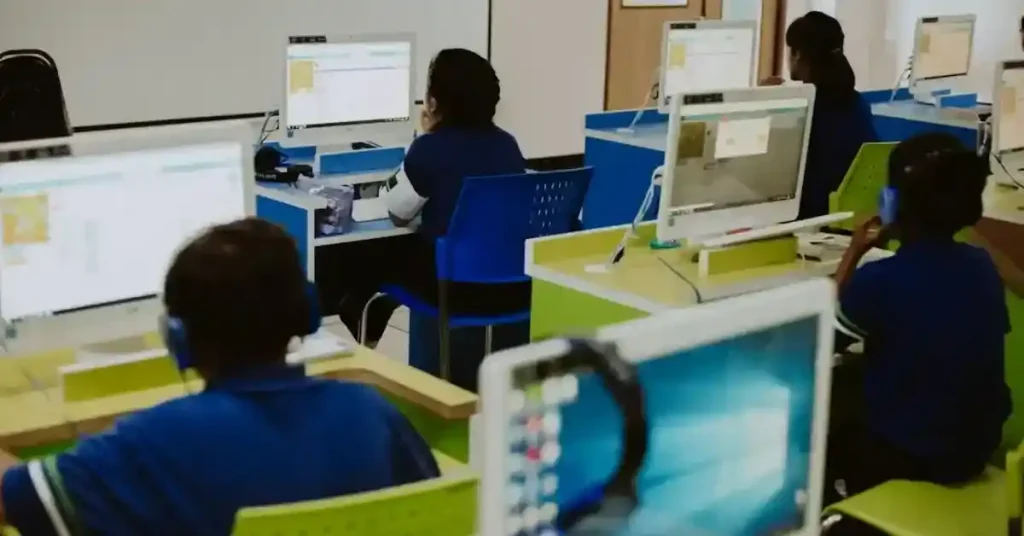Narrower and Broader Meanings of Education
We have discussed the meaning of education in a different context, and now we will
discuss briefly the differences between the narrower meaning of education and
the broader meaning of education.
Narrower Meaning of Education
In a narrower sense, education is limited in schooling. It is the conventional
and traditional type of schooling system. The curriculum, methods of teaching,
examinations, and teachers are prefixed and predetermined. It is very
systematic to achieve the definite goals of education through classroom
instructions and teaching.
The aims of education in these contexts are measured in terms of degrees or
certification or promotion. There is a deliberate effort made with a definite
purpose to develop a certain amount of knowledge, skills, attitudes, and
habits in these institutions. This is a narrow concept of education, which is
confined only to a few specific, deliberate, and planned efforts that have a
bearing on the development of the individual.
The following definitions may make the narrower meaning more clear:
T. Raymont: “In the narrower and more definite sense, Education does not
include self-culture and the general influences of one’s surroundings, but
only those special influences which are consciously brought to bear upon the
young, by the adult portion of the community, whether through the family, the
church or the state.”
S. S. Mackanzy: “In a narrow sense, education may be taken to mean any
consciously directed effort to develop and cultivate our powers”.
Many educationists have criticized this narrower sense of education. They
argue that emphasis on knowledge is likely to reduce all schools to mere
knowledge shops. The acquisition of knowledge is not the only or supreme aim
of education, yet it is one of the important aims of education.




